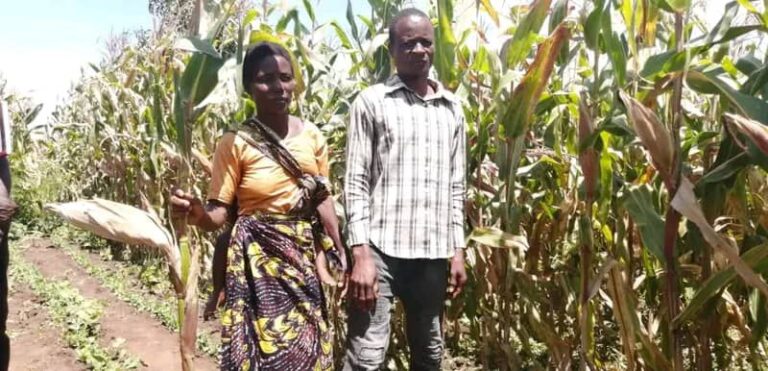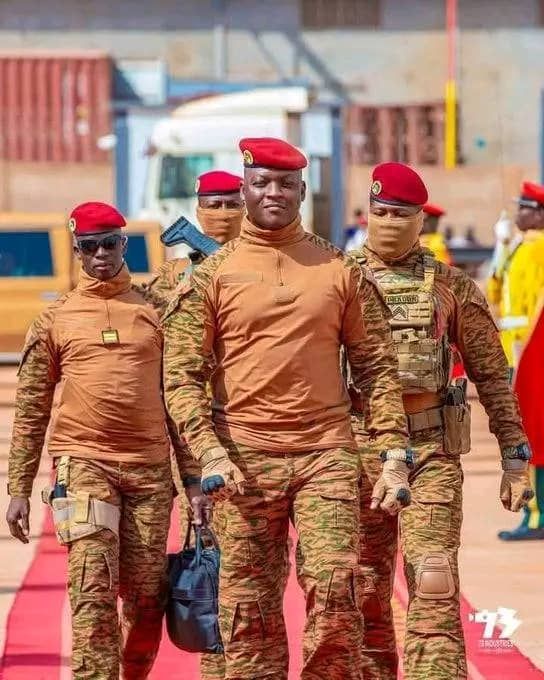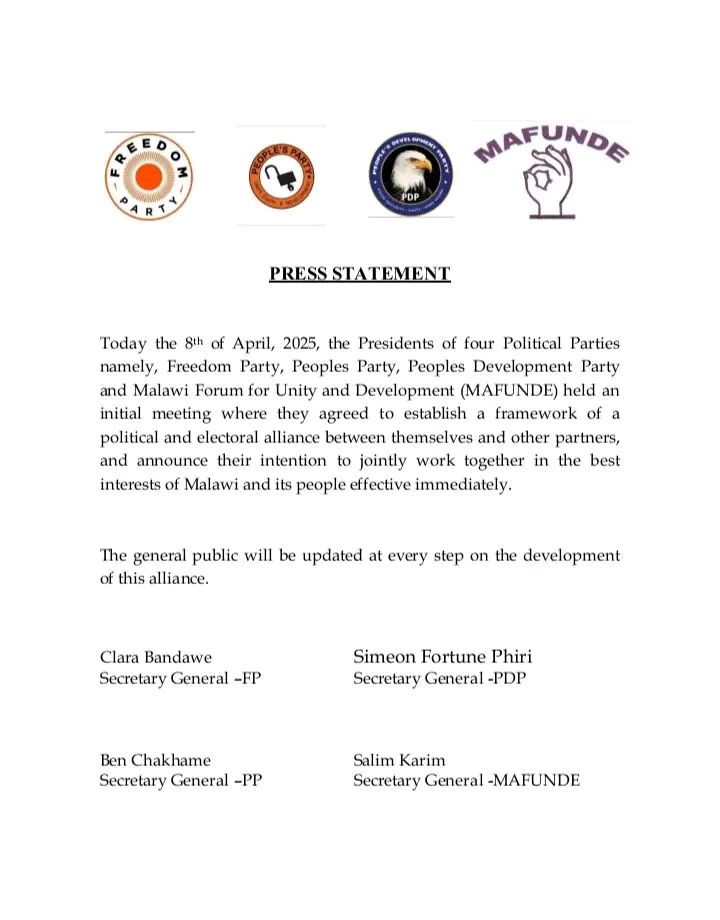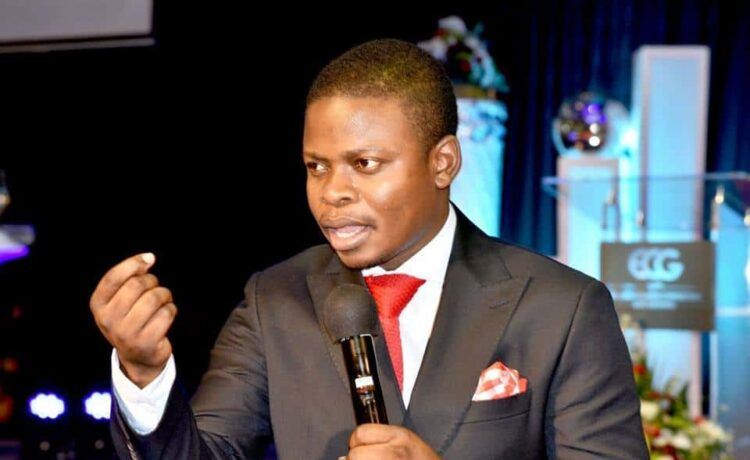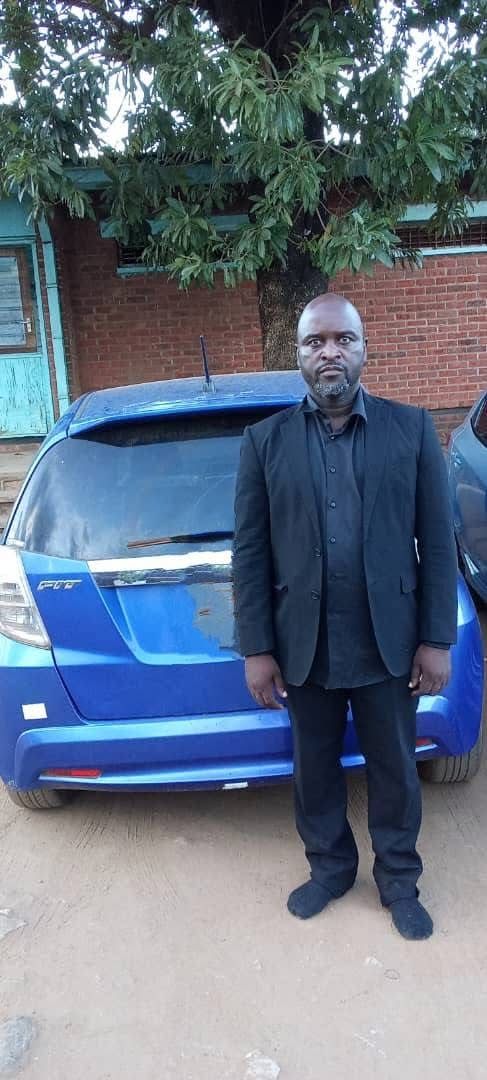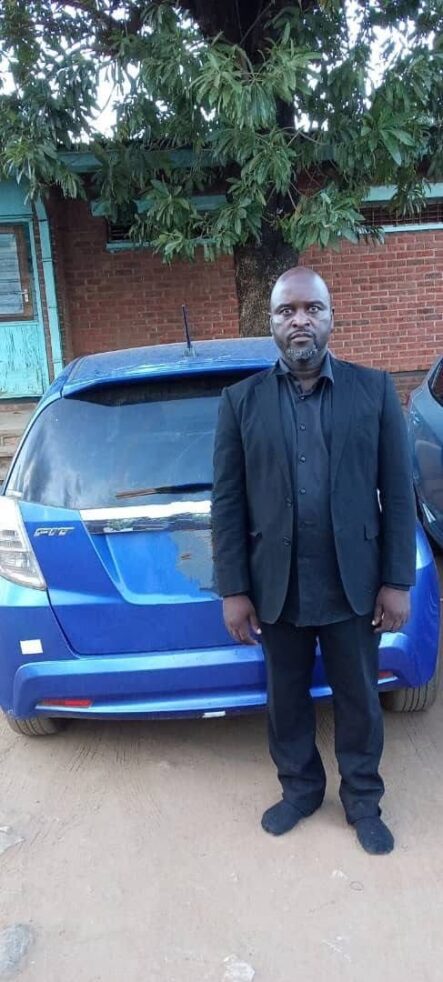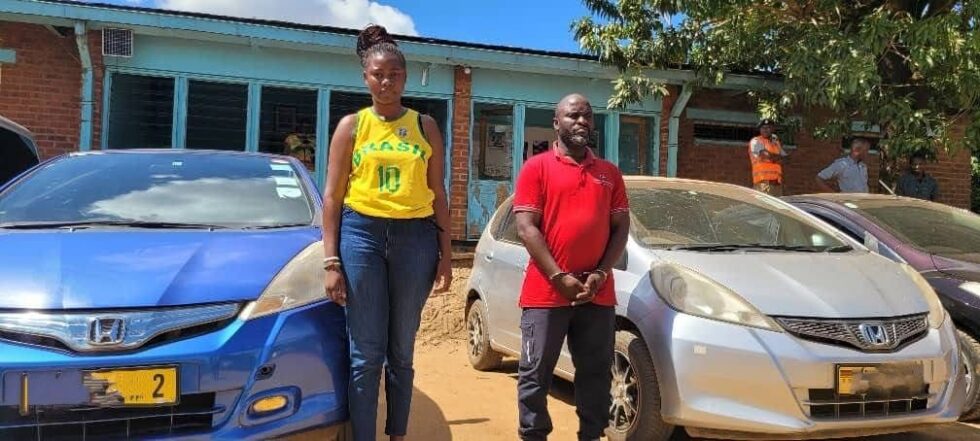By Burnett Munthali
Members of COMSIP groups in Dowa and Kasungu districts are being encouraged to adopt modern farming practices under the Local Economic Strengthening Project (LESP).
The LESP initiative aims to promote profitable and environmentally friendly farming techniques.
Under this project, members are growing crops like soya beans and yellow maize, which are proving to be beneficial.
Additionally, the initiative supports permaculture farming, which involves growing a variety of crops together in both backyard gardens and larger fields.
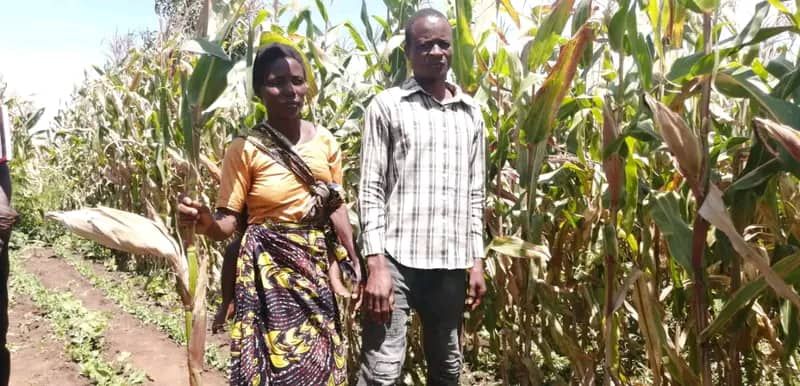
Permaculture farming emphasizes sustainable and diverse agricultural methods that protect the environment while improving yields.
When MBC Digital visited Mphamba in the area of Traditional Authority Msakambewa in Dowa, they found 15 active COMSIP groups sharing how they have benefited from the LESP project this year.
Group members expressed satisfaction with the results so far and reported significant progress since joining the program.
Other groups that are not yet part of the project have shown interest and plan to join next year.
According to local agricultural advisor Paul Mtenje, the crops being grown under LESP show great promise and are expected to yield a bumper harvest.
This suggests that the project could greatly improve livelihoods in these communities.
In the Senior Group Village Mphero under Traditional Authority Chambwe in Kasungu, nearly every household belonging to COMSIP has a backyard garden with permaculture crops.
This shows the wide acceptance and expansion of the project among rural families.
One of the project’s main goals is to ensure that people consume a balanced diet from all six food groups to maintain good health.
COMSIP advisor in the area, Vincent Mbewe, together with Senior Group Mphero, said their hope is for this kind of farming to spread throughout the region.
They also highlighted the importance of introducing beekeeping to members, which is expected to generate significant income in the future.
“Beekeeping is another area we are encouraging our members to engage in because it has the potential to bring great benefits,” said Senior Group Mphero.
Beekeeping adds another layer of income-generating activity for farmers and enhances the sustainability of the project.
All these developments indicate that the LESP program is playing a vital role in improving food security and income levels among rural families in Dowa and Kasungu.
The initiative is expected to bring meaningful change to the lives of many people in these districts.
This success highlights the importance of embracing new and sustainable farming techniques to ensure food and economic security.


